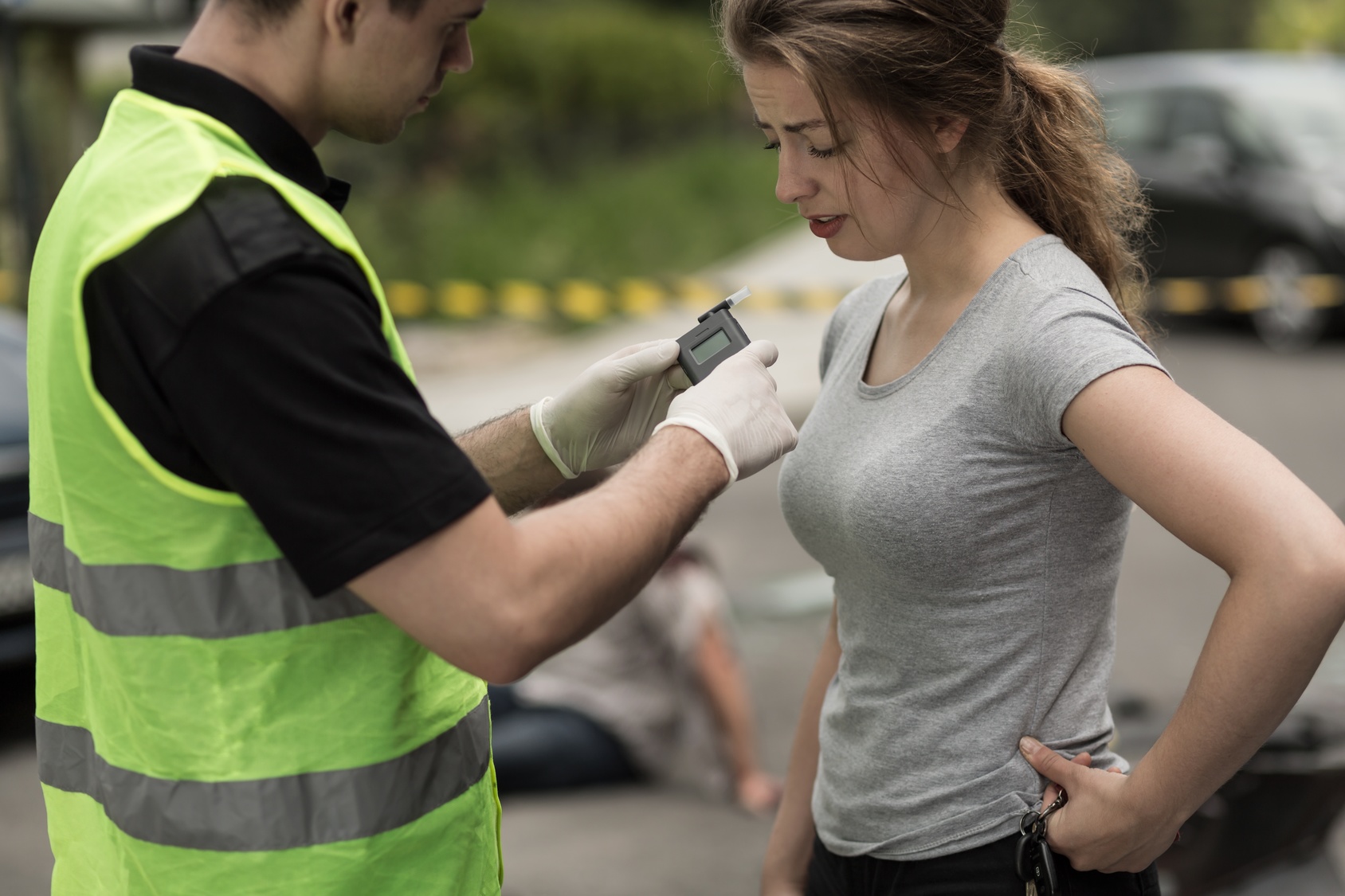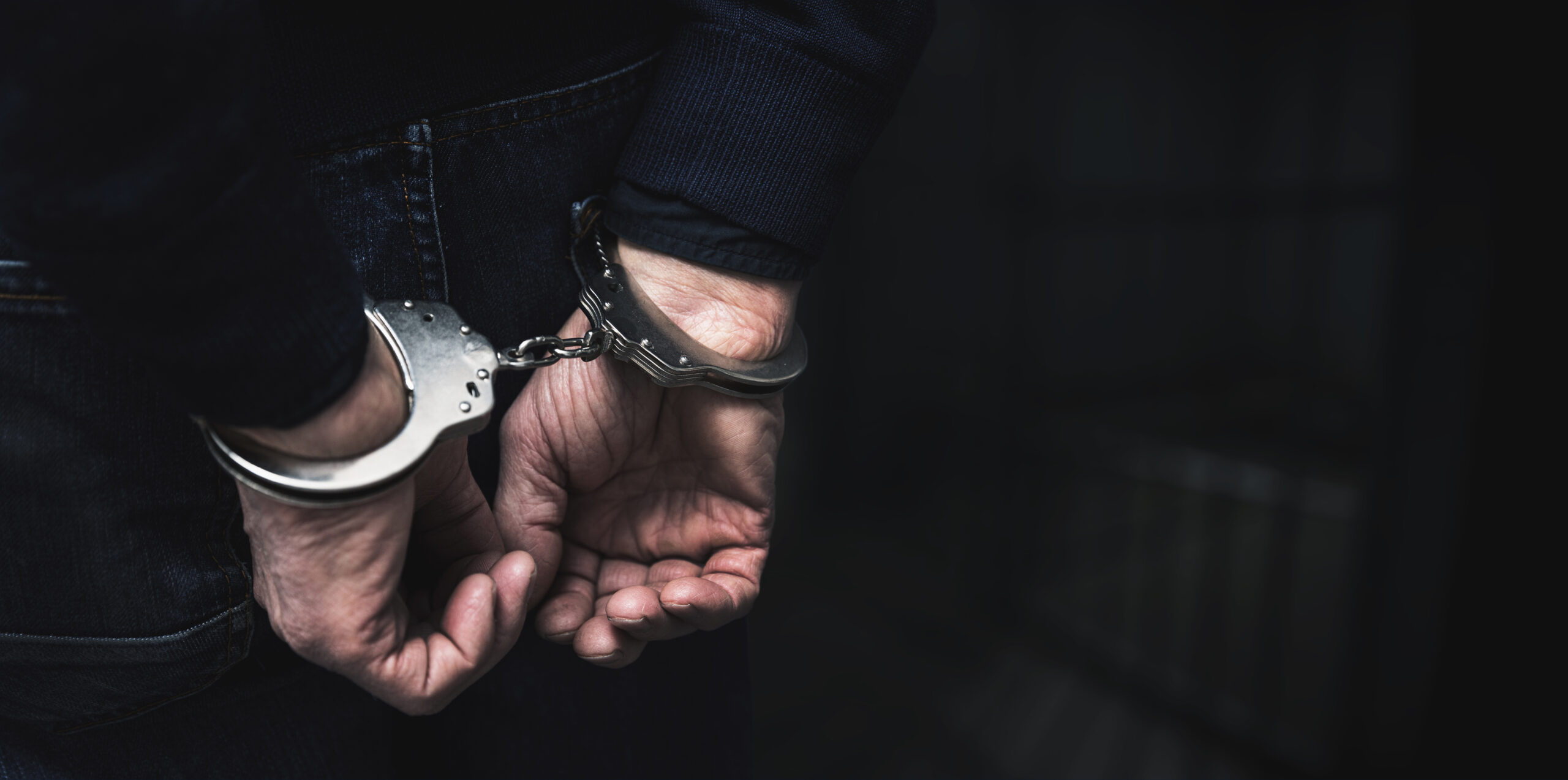The penalty for refusing a breathalyzer test in Pennsylvania is the suspension of your driver’s license — even if you are never found guilty of DUI. This is because of the implied consent law.
When you become a licensed driver in Pennsylvania, the fine print on your application states that by signing your name, you imply you are giving consent to take a breathalyzer test whenever a law enforcement officer requests it. By refusing this test, you are breaking the law, even if you have not been drinking.
If you are facing charges of DUI or refusing a breathalyzer in Pennsylvania, a Montgomery County DUI defense lawyer from McKenzie Law Firm, P.C. can help. Call 610-680-7842 for a free case evaluation.
The Penalties for Refusing a Breathalyzer Test
The penalties for refusing a breathalyzer test are severe—perhaps even more so than the penalties for a first-offense DUI. If you refuse a breathalyzer in Pennsylvania, you can expect these consequences for a first, second, or third offense:
- First offense: 12-month suspension of your driver’s license and up to a $500 fine (which you must pay to reinstate your license after a year).
- Second offense: 18-month suspension of your driver’s license and up to a $1,000 fine (required to reinstate your license).
- Third offense: 18-month suspension of your driver’s license and up to a $2,000 fine (required to reinstate your license).
For the sake of comparison, the penalty for a first DUI in Pennsylvania is six months of probation, a fine of $300, and a mandatory traffic safety course. The judge may also require you to attend alcohol rehabilitation or perform community service. You will also face a license restoration fee of up to $2,000.
People often ask our founding attorney, David McKenzie, if it is smart to refuse a breathalyzer test if you know you will fail it. There are different theories about this. Although we cannot give legal advice on this page as to what you should do if you find yourself in that situation, we can explain the potential outcomes of each decision, as shown above, and let you decide for yourself.
What Happens When You Get Pulled Over on Suspicion of DUI
When you get pulled over in Pennsylvania on suspicion of DUI, the police officer might ask you to blow into a handheld device that measures your blood alcohol concentration (BAC). The legal limit is 0.08 percent.
This handheld device, although it can register a person’s BAC, is not considered a breathalyzer and the results cannot be used in court. Furthermore, refusing to take this test does not result in a suspension of your license.
But if you fail the field sobriety tests, or register a BAC above the legal limit, the officer may arrest you for DUI. You’ll then be taken into custody and transported to the police station for further testing, including a breathalyzer test.
Why You Must Take the Breathalyzer Test
Driving with a BAC above 0.08 percent is against the law in Pennsylvania; likewise, it is illegal to refuse to take a breathalyzer test when a law enforcement officer asks you to do so. The implied consent law makes it illegal to refuse a breathalyzer. If you have a Pennsylvania driver’s license, you are subject to this law.
Many people refuse to take the test, falsely believing it will help them avoid a criminal conviction for DUI. Unfortunately, the very act of refusing a breathalyzer is a separate criminal offense. At best, you are trading one crime for another; however, refusing a breathalyzer in no way guarantees you will not be charged with or convicted of DUI. You could end up facing penalties for two crimes instead of one.
What Happens if You Have Already Refused a Breathalyzer
If you are reading this after refusing a breathalyzer test and are facing suspension of your driver’s license, understand that you are entitled to a hearing to challenge the suspension. A lawyer can help you prepare for it and represent you at the hearing.
Call us Today for a Free Case Evaluation With a Pennsylvania DUI Lawyer
If you are facing DUI or implied consent charges in Pennsylvania, a criminal defense lawyer at McKenzie Law Firm, P.C. wants to help. Call us today at 610-680-7842 for a free case evaluation.



